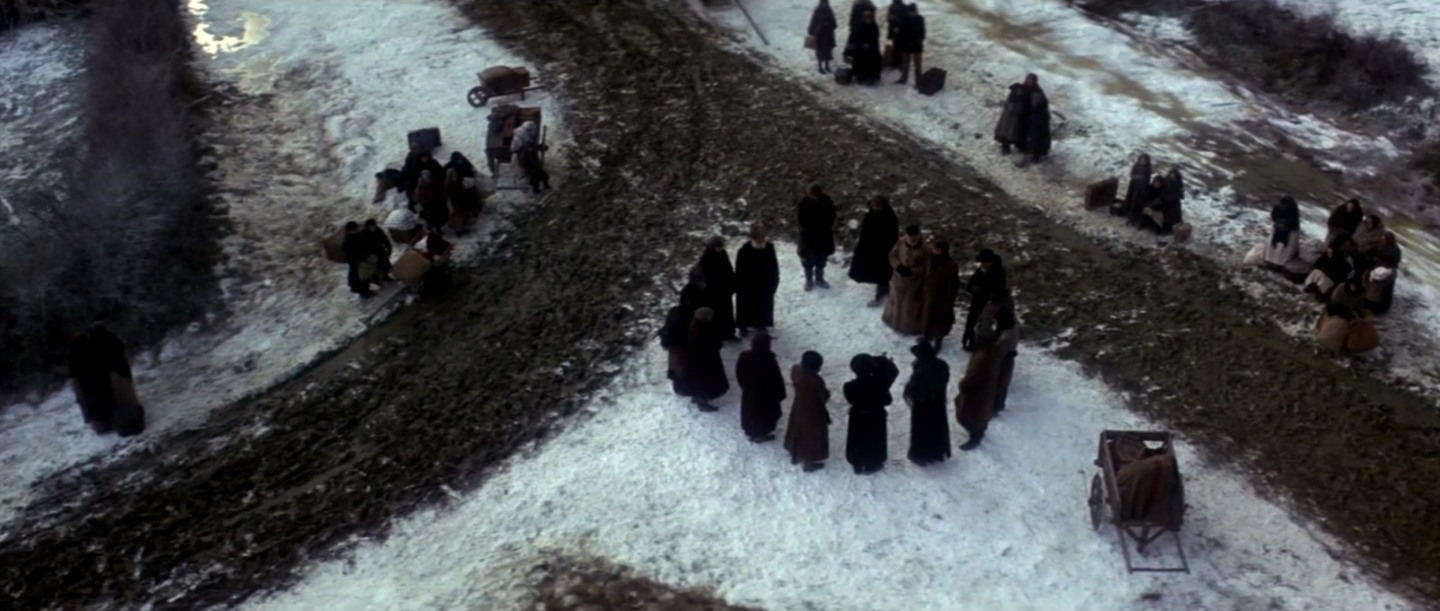Reflection for Today ▶️ ⏩ ⏹️
The Great Synagogue, Hungary. Photograph from The 7 Most Amazing Synagogues From Around the World
And Solomon offered a sacrifice of peace offerings, which he offered unto the Lord, two and twenty thousand oxen, and an hundred and twenty thousand sheep. So the king and all the children of Israel dedicated the house of the Lord.
— 1 Kings 8:63
In the book of Exodus1 we read Thou shalt not make unto thee any graven image, or any likeness of any thing that is in heaven above, or that is in the earth beneath, or that is in the water under the earth. Thou shalt not bow down thyself to them, nor serve them, words that are repeated almost verbatim in Deuteronomy. It's fair to say then that the building of the temple in all its architectural glory, the pomp and circumstance of parading the ark from its original tent-home to this edifice, the over-indulgence of slaughtering hundreds of thousands of animals, and the sheer showmanship of it all sits in direct conflict with this commandment. Here we have kings and priests setting the example to the people of bowing down and serving a building, worse a building built by vast wealth accumulated at the cost of taxing the working classes. If this isn't idol worship, if such a temple isn't a graven image, I'm not sure what is.
We usually think about Solomon as turning away from God towards the end of his life2 but here we see the process beginning much earlier. King Solomon's reign is symbolic of wealth and power, his ability to worship and venerate extending no further than his love of gold, splendour and his harem of women. There was no God in the temple, as Jeremiah recognised in his condemnation of false religion just prior to the Babylonian exile,3 and then again by Jesus during his visit to the temple:
And as he went out of the temple, one of his disciples saith unto him, Master, see what manner of stones and what buildings are here! And Jesus answering said unto him, Seest thou these great buildings? there shall not be left one stone upon another, that shall not be thrown down.4
God is not found in grandeur, but more likely in sparsity. I am reminded of a scene in 'Fiddler on the Roof' after the jews are banished from their home town. With just a few portable possessions to their name they stop at the riverside to hold a worship service. With no temple, indeed no buildings at all, we get the sense that the people of Anatevka are closer to God at that moment than they ever had been while worshipping at their temple, in the safety of their village. There are no walls.

1 Exodus 20:4
2 1 Kings 11:3-6
3 Jeremiah 7:1-11
4 Mark 13:1-2